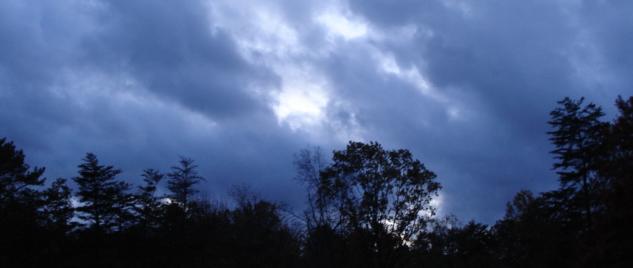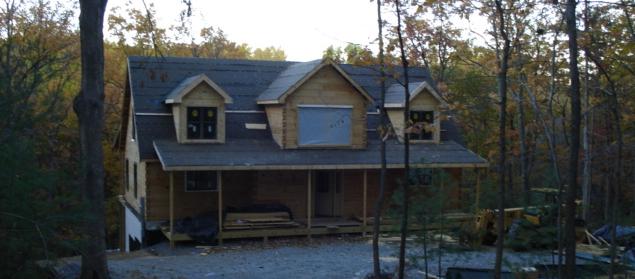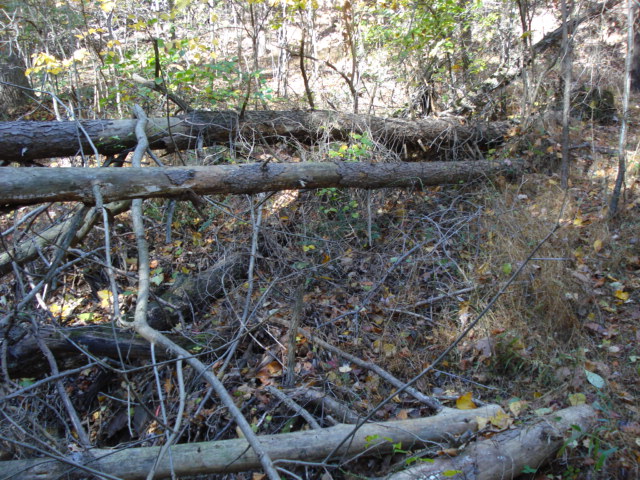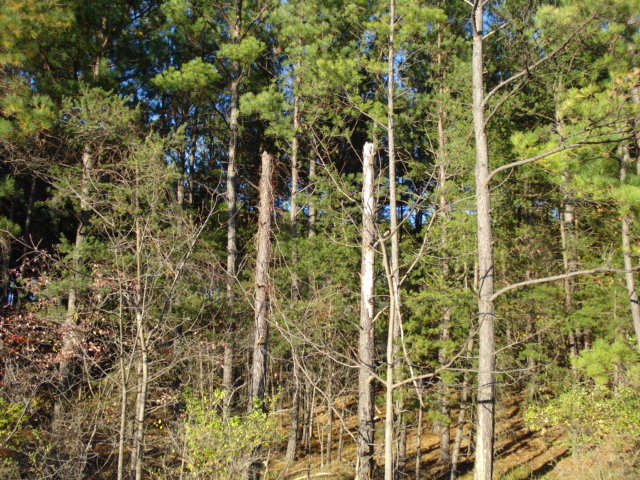Explanations of pictures are below. Mixing the captions in the text was too confusing.

I am not very happy with this offsite part of the leadership seminar. IMO this week has been not about leadership as much as about negotiation 101 or inclusiveness 102. These are very good things in and of themselves, but much of what has been presented is the kind of things I have heard in my self-improvement and management tapes I listened to in my car years ago. And they are things we all have practiced for 20+ years. The review is okay, but we don’t need too much of it.
On the plus side, I am learning a lot from my colleagues and have benefited by sharing their experiences. But I have to say that my high hopes for the seminar itself have not been met.

We learned a lot of management techniques, but as I mentioned above they were usually ones I had learned before. I would like the course to be more about leadership. Leaders are what we are supposed to be. We were told that we were supposed to transition from management to leadership. I think the best way to learn about leadership would be by using experience of our State colleagues and case study method using examples from successful, and unsuccessful, leadership from history.
I would also like more State Department specific information. Surely we could do that. Maybe we will get that next week back at FSI. We have some good speakers on the schedule. Here in WVA we are assembling puzzles and practicing techniques of mediation or empathic listening. I don’t find much use in practicing these techniques w/o context or value content. It is great to be open, but I think we have to be more judgmental. Leadership means making judgments & choices and setting priorities. It is not merely employing Dale Carnegie techniques to win friends and influence people. We need to persuade and change minds, not just take opinion polls. Sometimes – often – the needful choices will be unpopular. We need to talk more about that aspect of leadership.

Don’t get me wrong. My experience with participatory leadership has been good. I believe in it and truly practice it. Working with others and having them support me has been the key to my success. Lord knows I could never have done anything by myself. But sometimes the buck stops with the person in charge and it is our job to take the responsibility when it falls to us, not spread it out as far as possible.
I have the opportunity to walk around during lunch breaks and listen to a Roman history course on my I-Pod. You can learn from history and I enjoy examples of leadership – good and bad – and the consequences. It is interesting when you study history and look at leaders to see that it is very rare for a leader to be well thought of and/or remain in power for a long time. It says something about the episodic nature of leadership opportunities. Solon left town after he made his laws. Themistocles was exiled soon after the victory over the Persians. In more modern times, Churchill was tossed out of office after WWII and Harry Truman left office with an abysmally low approval rating. Of course these are much bigger deals than our small leadership challenges, but I think we little guys can learn a lot by looking at the big challenges, choices and their consequences.

We had modules on coaching. I think it is a good idea to coach employees and I recognize that I do it very often. But the coaching we learned about in class was (my complaint again) very non-confrontational and value free. I remember reading a biography of Vince Lombardi. I think it was called “When Pride Still Mattered.” Vince Lombardi was a pretty good coach, but I never got the impression he engaged in much of this touchy-feely stuff we are learning. The Lombardi quote I recall is “The difference between a successful person and others is not a lack of strength, not a lack of knowledge, but rather a lack of will.” I didn’t hear anything like that in our coaching session.

Anyway, I ranted a little about these sorts of things in class, just like I am ranting a little here. I am not sure the instructors liked me very much by the end of the day and I don’t think it did any good. Once again I get to be the skunk at the barbeque. I don’t like to do it, but I guess I don’t mind either.
About the Pictures
1 – clouds over the conference site.
2 – You can see that there is no shortage of whitetail deer. I saw nine at this one time. That is the most I have ever seen. Deer numbers have risen significantly in recent years all over the eastern U.S.
3 – I don’t think “the Woods” community is doing very well. I saw dozens of for sale signs. This part of West Virginia was especially hard hit by the housing downturn because high gas prices made commuting out here to/from the population centers around Washington very expensive. But that affects mostly the older, cheaper cabins build in the 1980s. While they are up for sale w/o lots of offers, people are building new and improved cabins, presumably with the intention of using them.
4 & 5 – These two are forestry pictures. What you see in the first one are wind throws of Virginia pine. The Virginia pine is easily pushed over. They are transition trees and not long-lasting. I did, however, count the stump rings of a Virginia pine that was at least 47 years old. The ones standing nearby with similar stem sizes were about as big as a twenty year old loblolly in Brunswick. The second picture shows loblolly. I don’t know how old these are. They don’t grow very fast around here. The soil is not good and this is the northern edge of the loblolly range. This stand is no longer under real management, as you can see by the dead heads.
